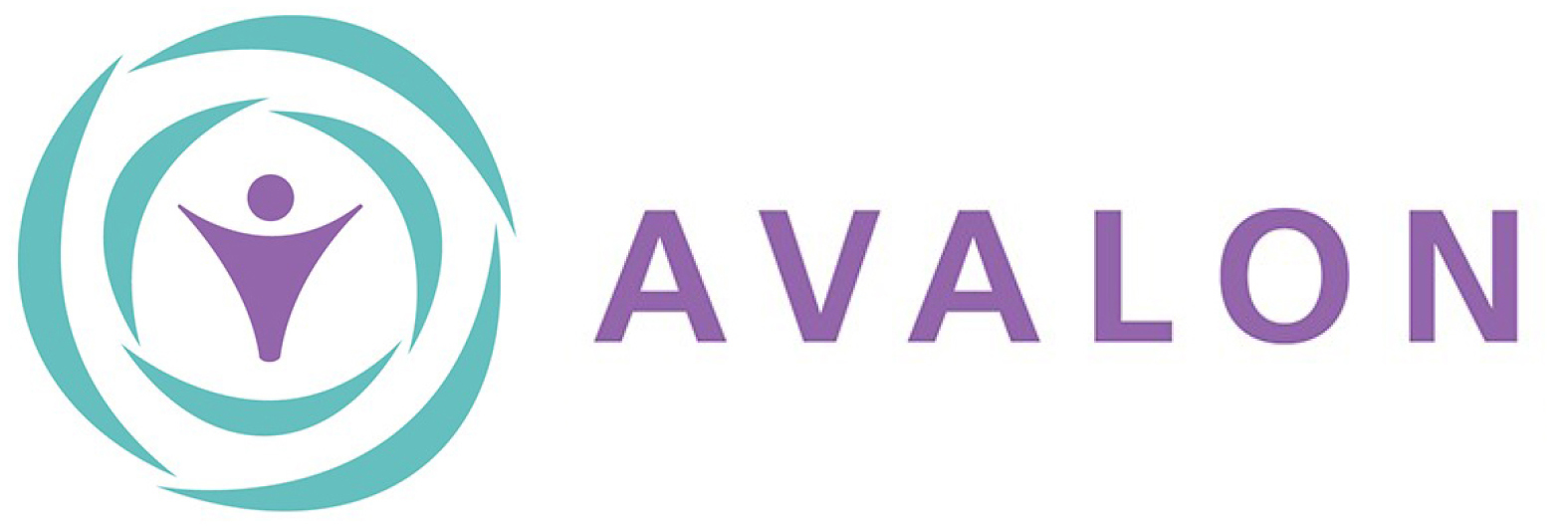On a daily basis at Avalon – as we travel to hospitals to answer the call of those who request Sexual Assault Nurse Examiners, as we meet with groups to build skills around bystander intervention, as we add our efforts to justice-seeking movements, and as we support survivors in therapeutic healing practices – we witness the overwhelming toll of victim blaming, gender stereotypes, sexual assault myths, racism, homophobia, transphobia, and misogyny.
Yet we continue to see a notion in society that each sexual assault is an isolated incident. This is an important misperception. Gender-based violence is systemic and institutionalized. It is racist, misogynist, homophobic, transphobic. The war on Indigenous women in Canada is ongoing. Across Canada young women continue to raise alarm about the lack of university response to campus sexual assaults. A Canadian refugee adjudicator’s decision included the judgement that a claimant’s choice to complete a pregnancy and keep the baby meant the conception could not have occurred through violence. After Kobe Bryant’s death, women journalists who addressed the sexual assault investigation against him faced misogynist comments and threats of rape and death. Regularly, and recently, we are warned of violent sexual offenders being released into the community at high risk to re-offend. Individuals accused by multiple claimants of predatory sexual offences are often not brought to trial, and when they are they are often acquitted based on misogynist and unscientific perceptions of consent, trauma and survivor response. Our community has followed the ongoing account of a survivor having to initiate private action against Halifax police for their failure to properly investigate her assault. These actions, and failures to act, from offices of power and intended protection and justice, send clear messages of an absence of accountability for criminal activity when perpetrated by dominant populations.
This is why Avalon’s work with individuals is complemented by its work with systems, norms, and social and political culture. Our vision is freedom from sexualized violence, which requires the prevention of the violence in the first place. Our mission is to respond to all forms of oppression, as, to quote Staceyann Chin, all oppression is connected.
Every time a systemic action or response – whether through police, the courts, legislation or the policies of institutions – harms a population directly, or perpetuates harm by normalizing or minimizing it, the power of that system to oppress *any* population is demonstrated to all. Consider the 12-year-old Indigenous girl and her grandfather, arrested at a bank based on the amount of money in the account. The intimidation and targeting of Indigenous Matriarchs and water protectors by the RCMP. The violent arrest of a young Black single mother in a Halifax Walmart. Those with less power see the patterns, and get the message.
It is the response to that message, however, which is changing, and it is rooted in a shared sense that indeed, all oppression is connected, and therefore can be defeated through solidarity. It is solidarity against oppression which has been moving society forward in recent years. Here at Avalon we bear witness to the strength, empowerment, resistance and resilience of survivors, as well as to growing community engagement and activism. One such example is the worldwide flashmob event “Rapist in Your Way”, scheduled in Halifax on March 7 on the eve of International Women’s Day.
This widespread resistance to oppression and the status quo helps drive what systemic change we do see. Currently there are bills before the Nova Scotia provincial and Canadian federal legislatures to implement judicial training and to strengthen laws protecting victims/survivors of sex trafficking. The Nova Scotia government has announced an increase in funding to improve services for survivors of sex trafficking. The IWK recently implemented changes to improve access to mental health services for youth.
Avalon is committed to addressing racism and oppression, through working with our community partners, through advocating for systemic and societal change, and through continuing to improve our own practices and responses. Most recently we updated our recruitment practices and outreach for both our Board of Directors and for staff positions, and the Board is working on language to best convey Avalon’s current intentions and practices around inclusion, equity, safer spaces, and diversity.

